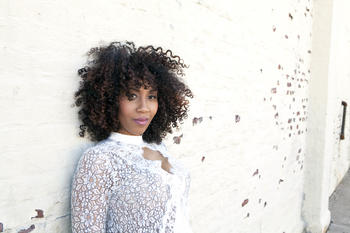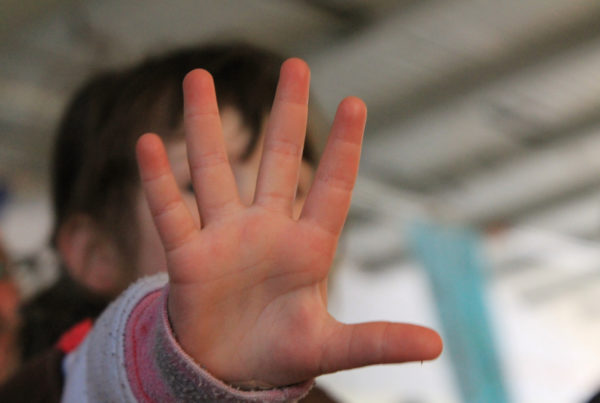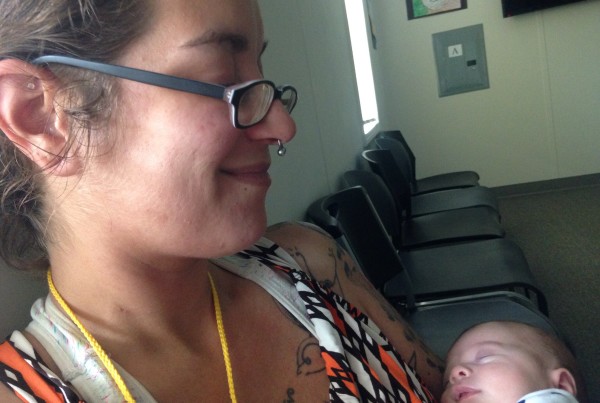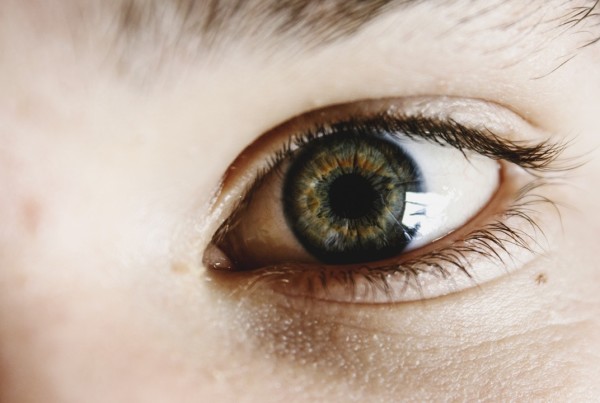Perhaps you’ve heard Beyoncé recently released some new music? The Houston native’s visual album “Lemonade” has received more than a little attention. The album delves deep into Beyoncé’s personal life and the experiences of black womanhood.
But it’s not just the message that got us thinking – it’s the music itself.
Beyoncé’s song “Daddy Lessons” sounds more Miranda Lambert than Dionne Warwick. And although the song itself has received mixed reviews, it asks a larger question: Where are the African-American women in country music?
To even begin to answer that question, we must review the history of country music itself. Diane Pecknold is an Associate Professor of Women’s and Gender Studies at the University of Louisville. She is also the author of “Hidden in the Mix: The African American Presence in Country Music.”
“Country music has a lot of influences and origins, but the most common narrative is that it comes out of a combination of british balladry broadside traditions and African-American influence,” Pecknold says.
Pecknold says the blues and the banjo – which is a modification of a West African instruments – greatly influenced country music. She says though both blacks and whites recorded in the some of the same locations early on, the genre became more racially segregated as the industry grew into the Jim Crow era.
“For marketing reasons a lot of labels didn’t want to have black and white artists on the same catalogs, or the same window display cards,” says Pecknold. “Because in the South they didn’t want African-American customers going into stores for white customers and vice-versa.”
Pecknold says the introduction of the guitar in country music also transformed it into something that wasn’t as appealing to African-American audiences at the time.
“There are a lot of reasons and there is debate over which reasons were more important,” says Pecknold. “But it was also an incomplete process. Because if you look in the late 1950’s and into the early 1960’s … and really through the end of the 1960’s … you have another wave of African-American artists that are recording country music, but it’s often not labeled as country music.”
Pecknold says a few of these artists included Ray Charles, Solomon Burke and Esther Phillips. They played country, but not necessarily to a white audience – and their music was not considered country.
“So it’s sort of like the legacy of people thinking that artist is really soul song with country influences,” says Pecknold. “As opposed to something by Lady Antebellum that’s more or less R&B, like an old soul song, but it gets classified as country music.”
In 2007 Rissi Palmer released the first single to her self-titled album. Palmer received a lot of media attention, and was recognized as the first African-American woman to chart a country song since Dona Mason in 1987. Palmer says every new artist tries to find what makes them unique, and unfortunately it was her skin color that was her hook.
“One of the mistakes that my label made was making that a part of the conversations right off the bat,” says Palmer. “But also I was a songwriter, and also I am a singer, and also I’m a performer, and also I was all of these other things that we probably should have been talking about.”
Palmer says her authenticity was questioned. Not only because she was a woman of color, but because she was a woman in general in a male dominated realm.
“Everybody was just wanting to go for the ‘sure thing,’ and so I think when you end up with a lot of question marks rather than checks behind your name, then that’s what you end up with,” Palmer says. “That’s why you end up hearing the same artists over and over again.”
Although country music has not had a prominent African American presence, there have been a few artists like Charley Pride and Darius Rucker who have broken into mainstream country music. Palmer says African-American women have yet to do the same.
“It could happen. I think it’s a matter of a lot of right things have to happen,” says Palmer. “The right artist, the right song, the right label, the right push and all of that. It’s going to take all of those things in order to make the person pop.”
Palmer says for that to happen, more women of color need to join artists like her, Mickey Guyton and Miko Marks.
If anyone can help bring attention to the need for change in country music dominance – it’s Beyoncé.















